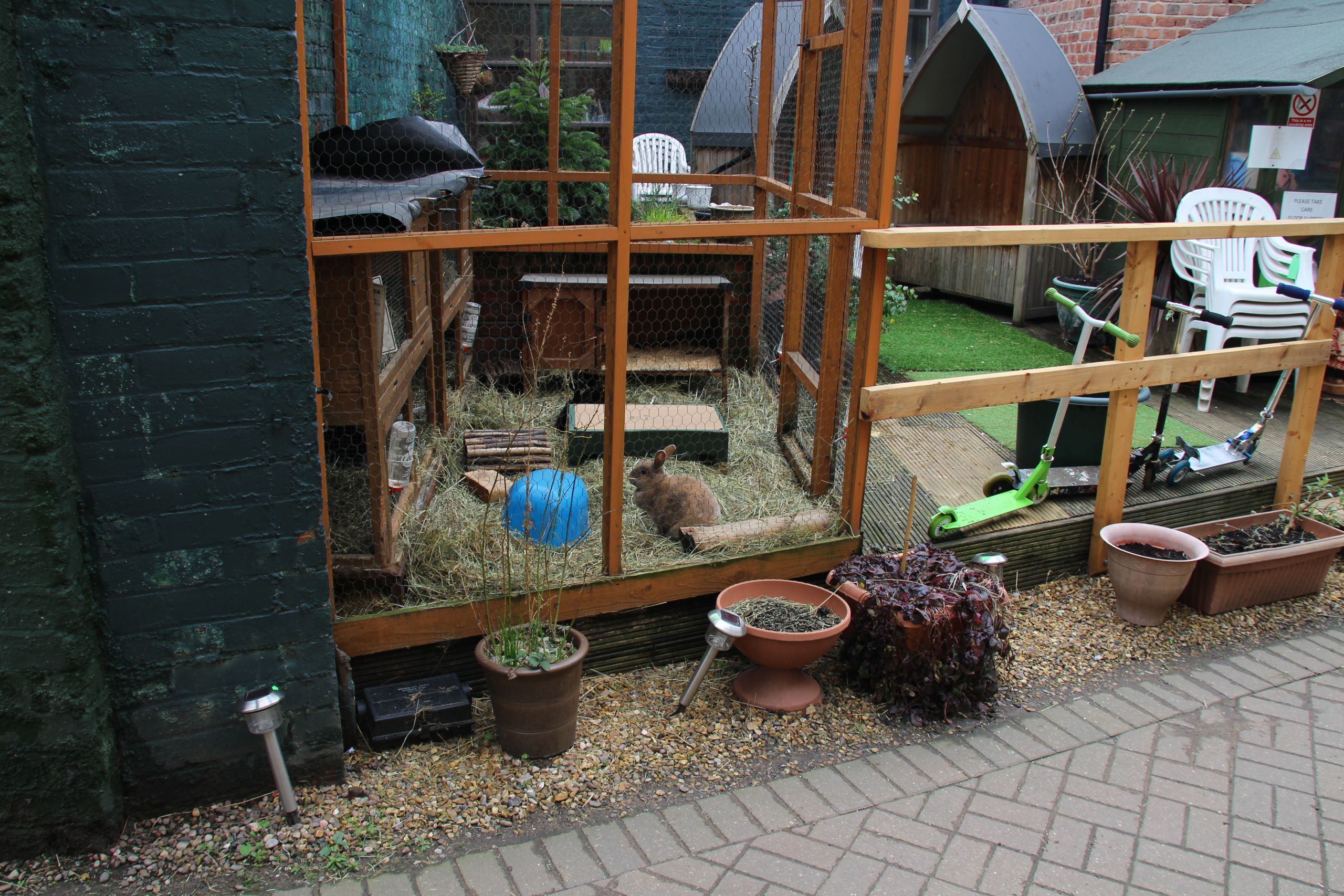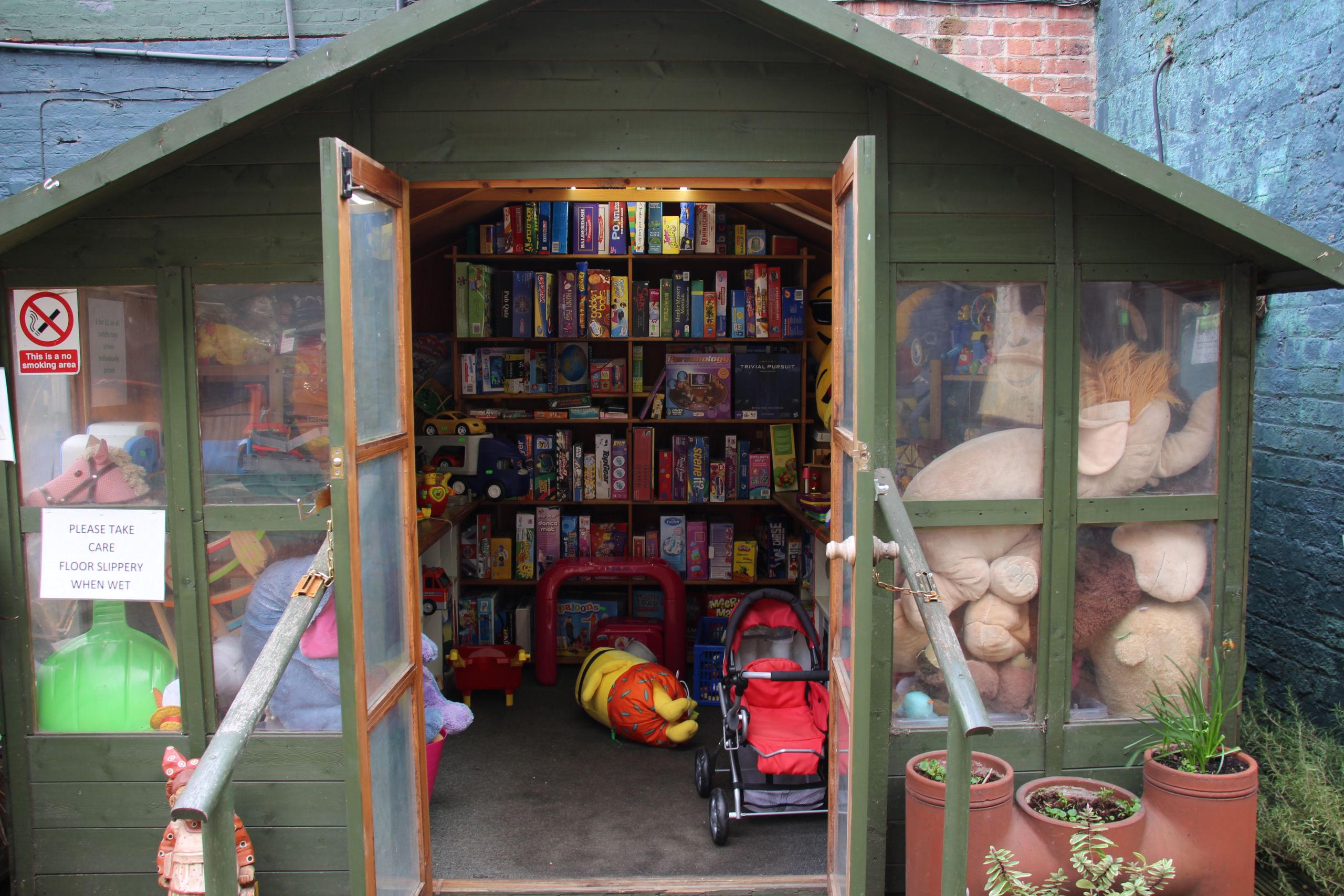"An uprising of kindness"
One of the most unique charities aiming to combat homelessness by not only providing a bed for the night, but by giving people a sense of belonging
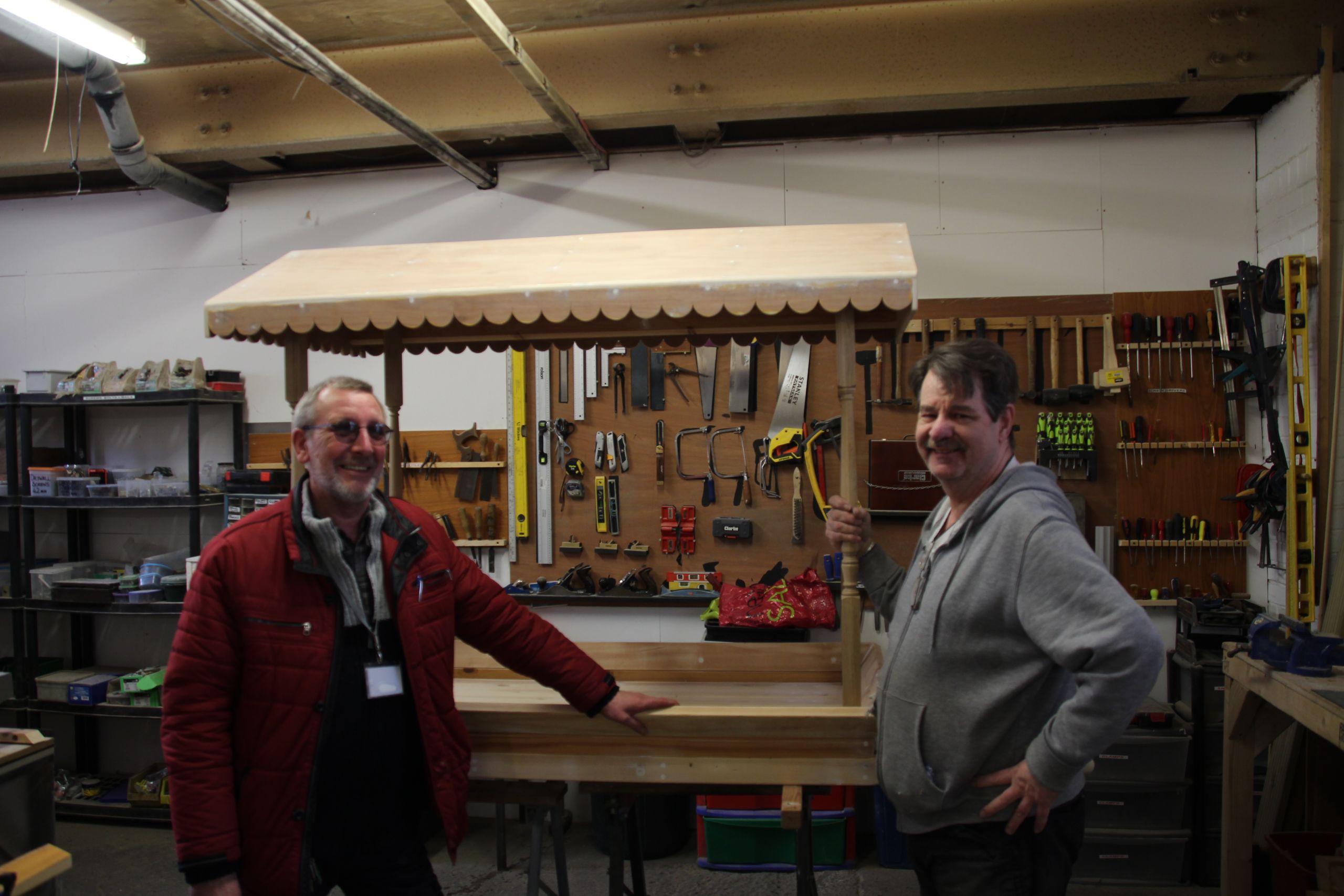
Blast Lane in Sheffield clings on to its industrial past. Even today, the bright red brick Victorian-era factories still stand out under layers of modern graffiti. It is not the sort of place where you would expect to find an internationally renowned charity devoted to fighting homelessness.
But in one of these converted relics, the Sheffield division of Emmaus proudly stands. Sipelia Works, a Grade 2 listed building that was restored by the group for the sum of £30,000, now houses not just the companions the charity gives a home to, but also the Emmaus Second Hand Superstore that takes in donated goods and resells them.
It is a far cry from Paris, where Emmaus was founded in 1951 by Catholic priest Abbé Pierre. One night, a homeless former prisoner called Georges was brought to Abbé Pierre after a failed suicide attempt. He turned to Pierre for help, but instead, Pierre asked Georges to help him, building houses for homeless mothers who came looking for support.
It is this ethos that remains today, of accommodation and work going hand in hand. It was what attracted current CEO of Emmaus Sheffield, Graham Bostock, to the organisation. He has been there 20 years, having initially signed on to work for a few months.
Graham Bostock - CEO Emmaus Sheffield
He said: “The thing that interested me most was the working structure. It was something for people to grab hold of to gain confidence and self-esteem.
"It says to people ‘if you can do this, you can then move on to the next phase of your life”.
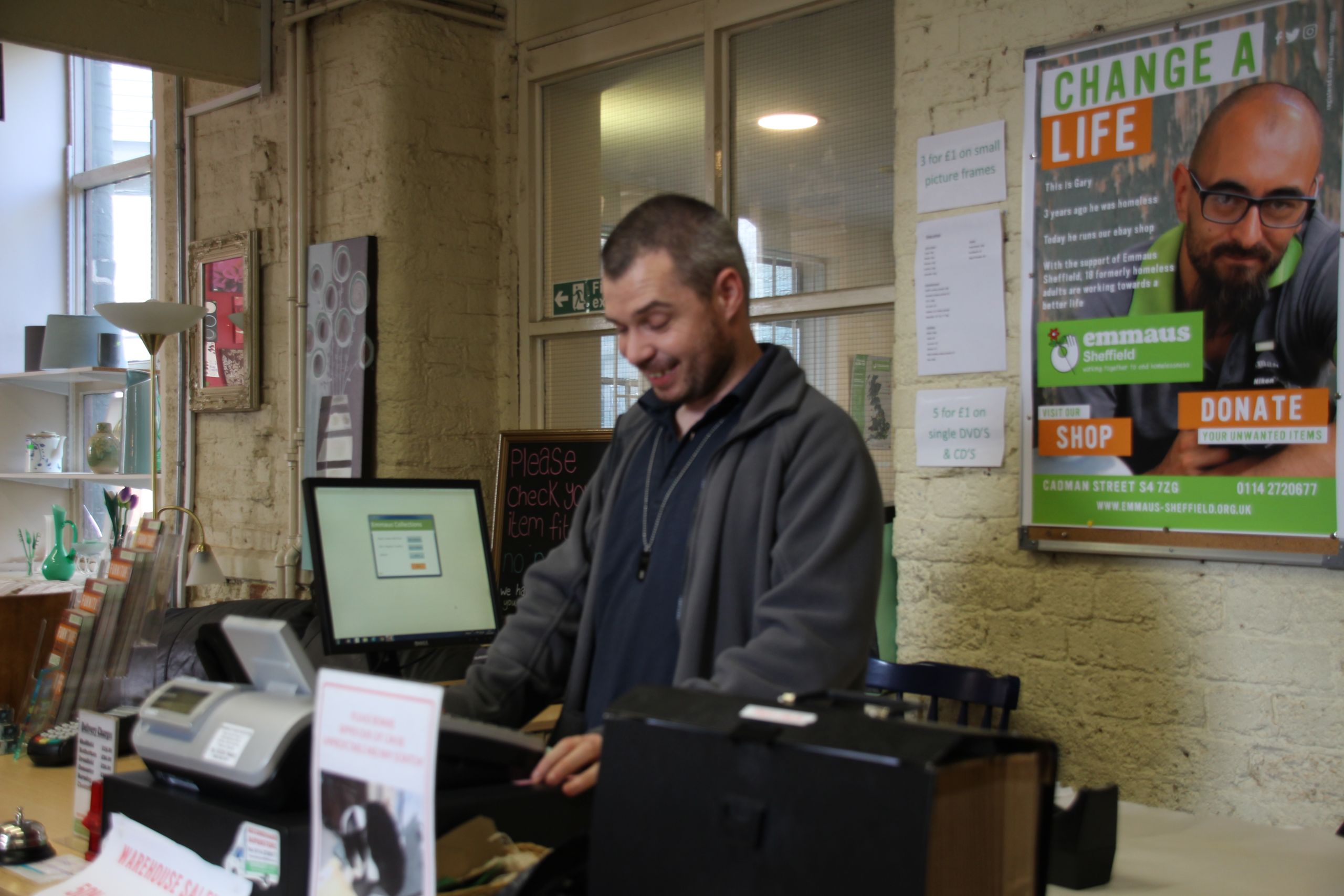
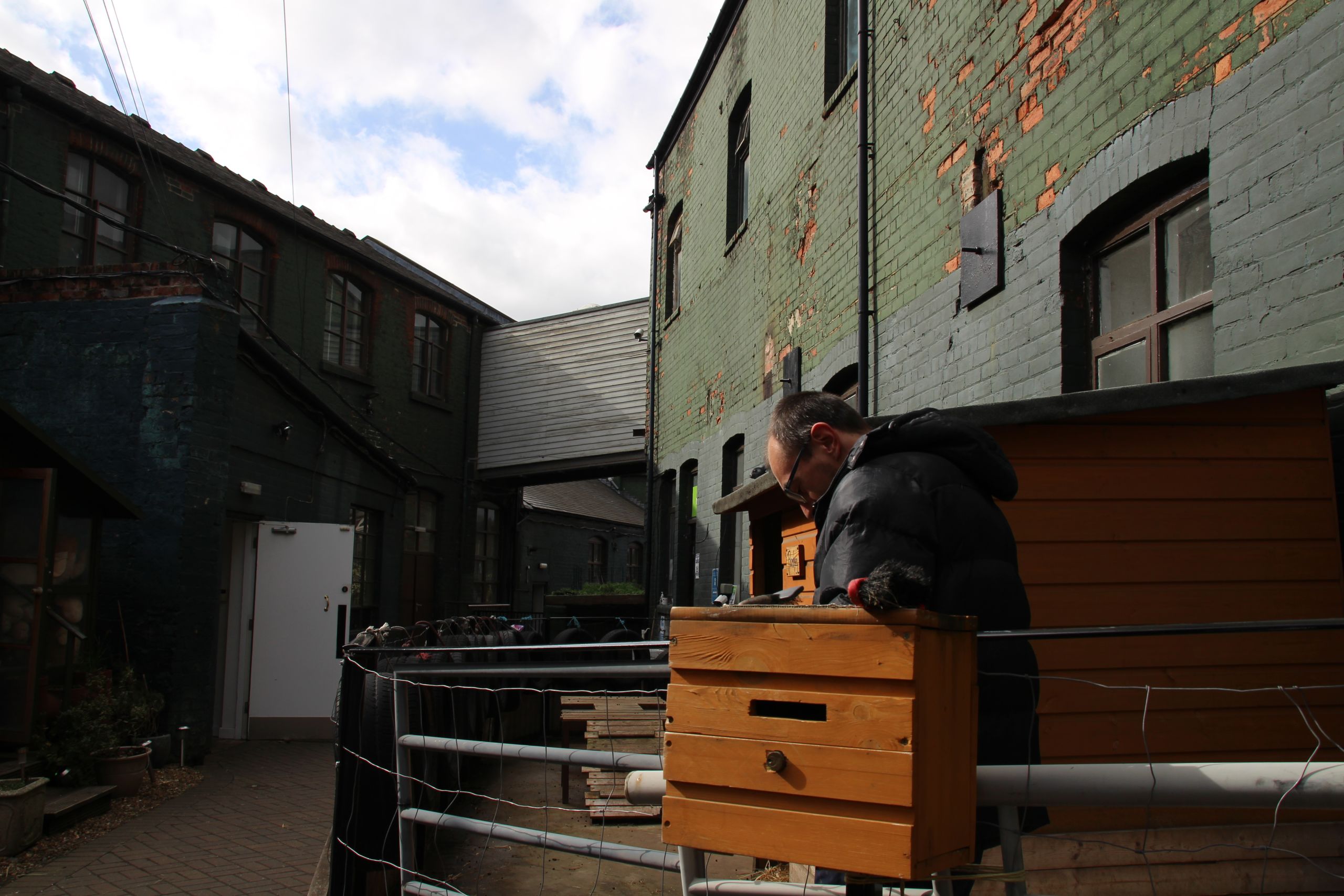
Made with Visme Infographic Maker
Criteria for admittance is simple. People have to be over 18, homeless and have a desire to work. Companions in poor health are assessed by medical professionals and given counselling for possible mental health problems. Then, the charity work to provide them with skills that serve them in the long run. These include electrical engineering or woodwork courses, to name a few, that are taught in-house.
The Sipelia Works site is a labyrinth of rooms, with the majority of the lower floors containing the Second-Hand Superstore. The living quarters for companions are on the first floor and feel almost like a University Halls of Residence, with a long corridor of modern bedrooms accompanied by a kitchen and living room area.
At the Sheffield branch, they enforce a strict ban on drugs or alcohol on premises. Companions can go out for a drink, but may not bring any back.
Dave Footitt is the cook and housekeeper. A former companion, he has gained a Level 2 Diploma in Food and Hygiene. Since joining Emmaus, he now has his own flat and is employed full time by the charity.
“Emmaus is a lifesaver. If I didn’t have this place, I’d be in the gutter.”
He has four children and 12 grandchildren who he visits regularly. Following spells in prison and drug abuse, he has turned his life around.
Dave Footitt Interview - Former Emmaus Companion
One day, he hopes to be an environmental health inspector for restaurants and hotels. Although for now, he is very happy teaching companions the importance of food hygiene and preparing the rooms for when new people come into Emmaus. All of which, he admits, he never thought he would be able to achieve.
He said: “I came here with nothing. Now, I’m one of the staff members on a full-time wage.”
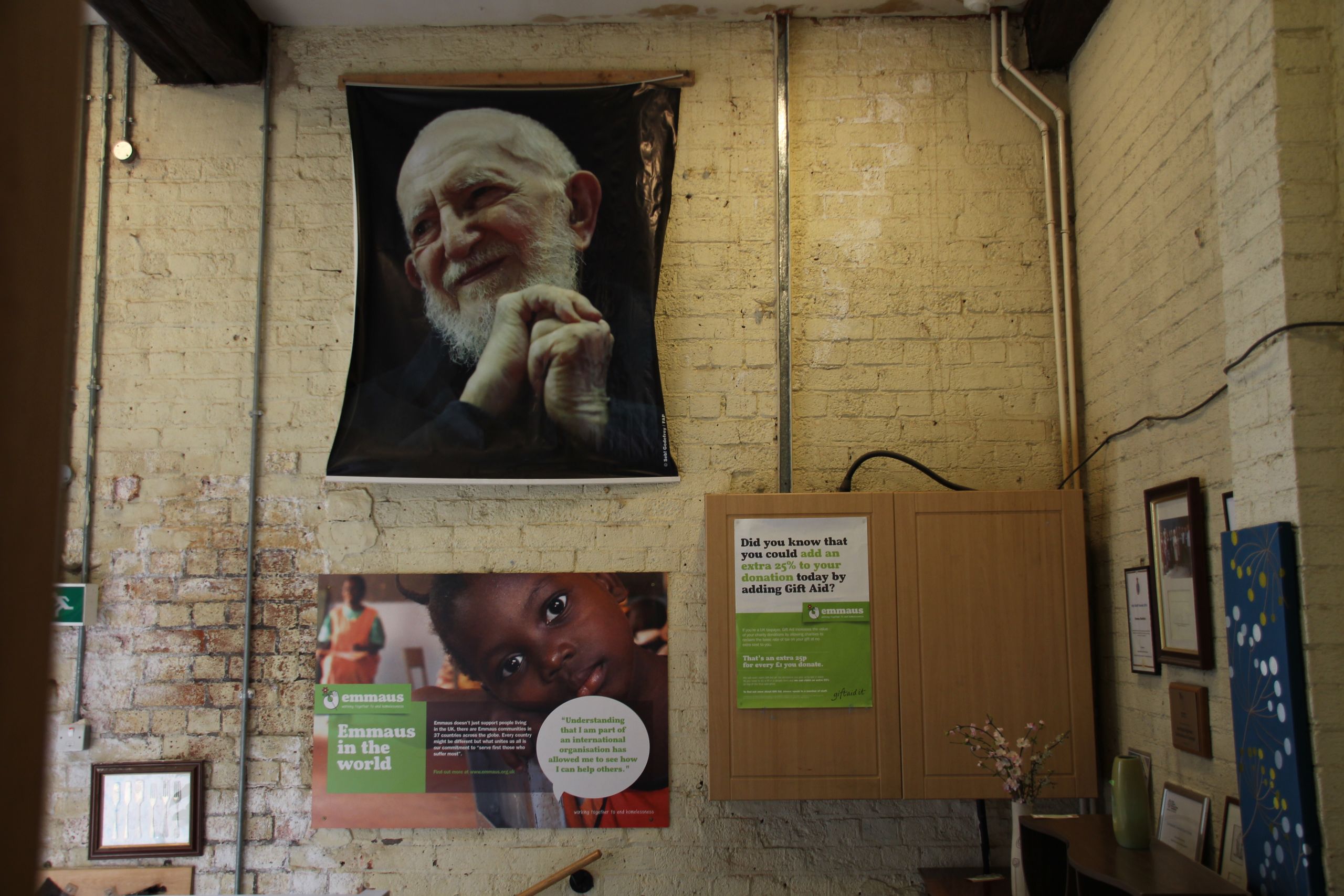
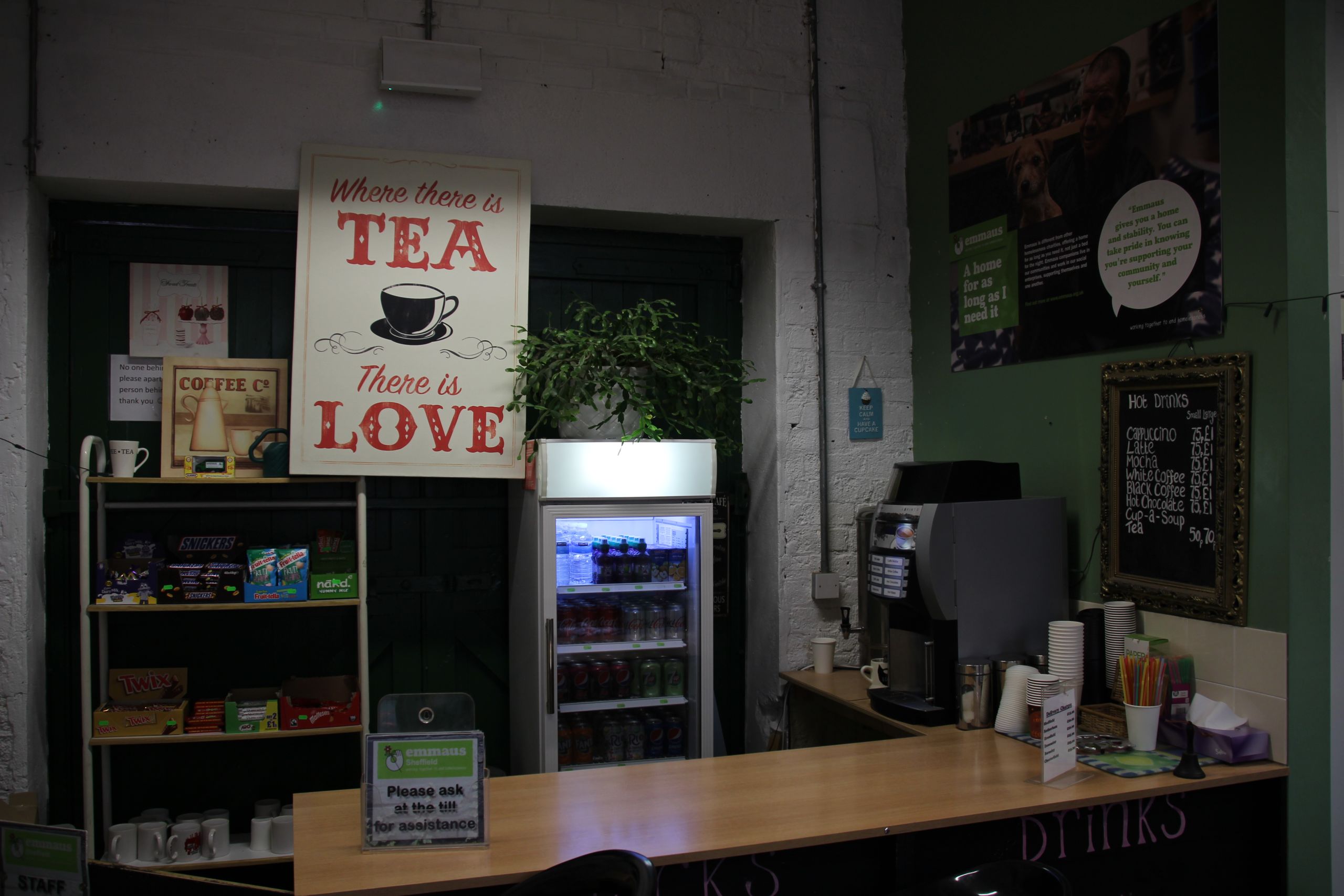
In the main courtyard, two goats live in a large pen. Ralph and Rodney, much like the companions themselves, were taken in and given a home. Walking outside, you see various workshops that are used for teaching purposes. However, qualifications in a wide variety of fields can be gained through Sheffield College, which Emmaus financially supports their companions to complete.
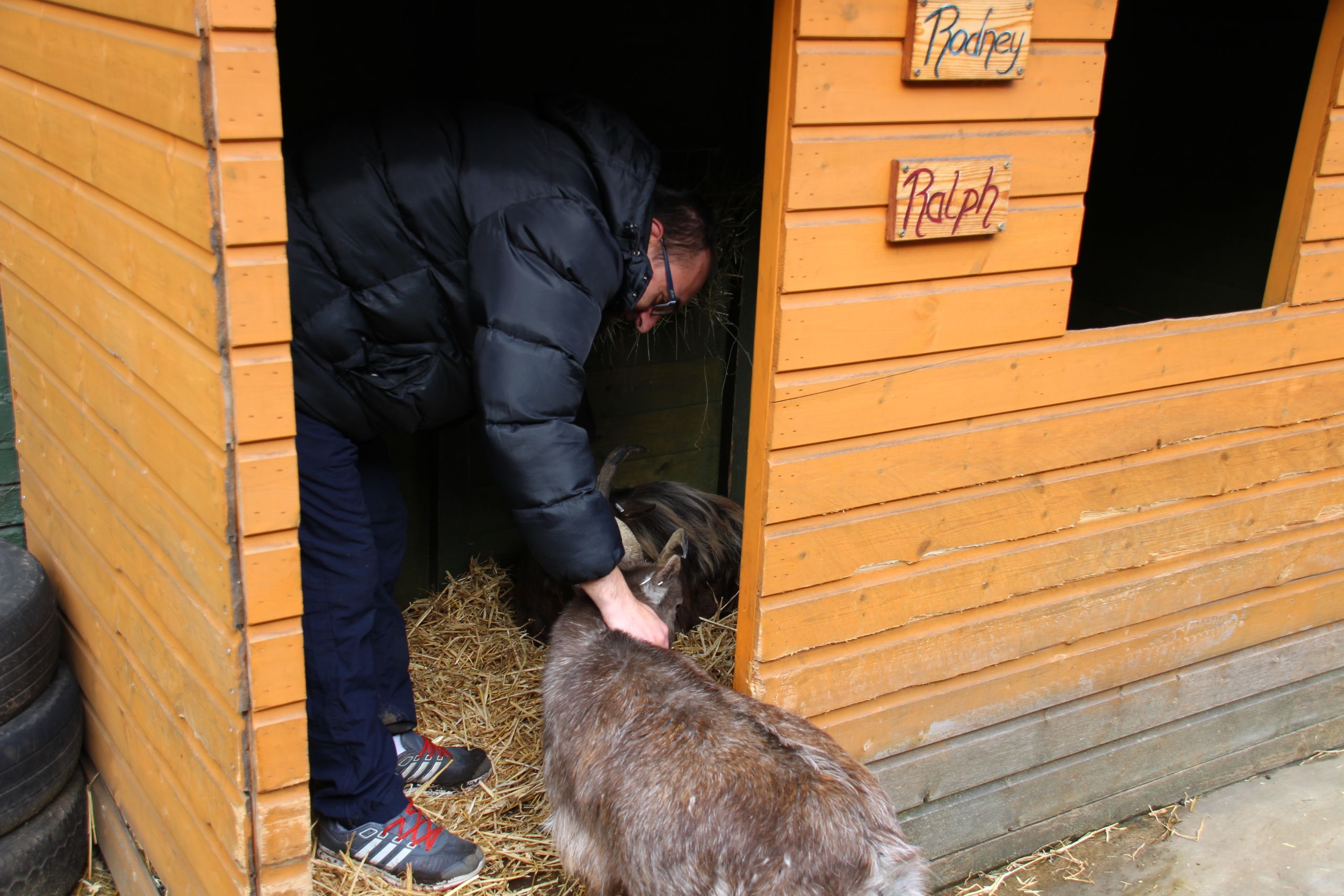
Looking after the goats is a job that Gary Simmonds relishes. Originally from Maidenhead, Gary says that he has a great passion for these animals. He runs Emmaus' online eBay site which sells products donated to the charity. He hopes to manage his own electrical business one day.
Regarding Emmaus, he said: “More people should know about it. It’s helped me a lot. I wouldn’t have dreamt I’d be doing what I am doing now.”
Gary Simmonds - Emmaus Companion
Addiction to cocaine, crack cocaine and ecstasy led him to become homeless as rent payments were neglected. After discovering Emmaus while in a shelter in Chichester, he applied to the programme, not caring which centre in the country he was based. He ended up in Sheffield by chance.
He’s been here for four years, an example of the no time limit policy the charity adopts. When he first arrived, he weighed only seven stone; all the more alarming given he is over six feet tall.
“If I didn’t find this place, I would probably be dead.”
A combination of drug abuse and poor diet led him to be seriously malnourished. He said: “If you haven’t been homeless, you can’t really understand what it takes to get to that point. It’s a vicious cycle.”
A recent University College of London study found that one-third of homeless people die from treatable conditions such as tuberculosis, pneumonia or gastric ulcers relating to poor diet.
Sharing their findings with The Bureau of Investigative Journalism (TBIJ), it was a harrowing bookend to the bureau’s own Dying Homeless project. Over an 18 month period since October 2017, the TBIJ found that 796 people have died on UK streets. Without places like Emmaus, Dave and Gary could have been part of a count that is rising.
Made with Visme Infographic Maker
Even Emmaus have had to turn people away due to the lack of resources. On leaving people behind, Mr Bostock said: “It’s awful. You see them in a bad way with a damp sleeping bag but we sometimes simply don’t have the room.”
Fundamentally, he believes that the funding should come straight in at ground level rather than: “Homelessness being talked about in Parliament and by big businessmen.” Seeing the work he and others undertake in Sheffield, it’s hard to disagree.
